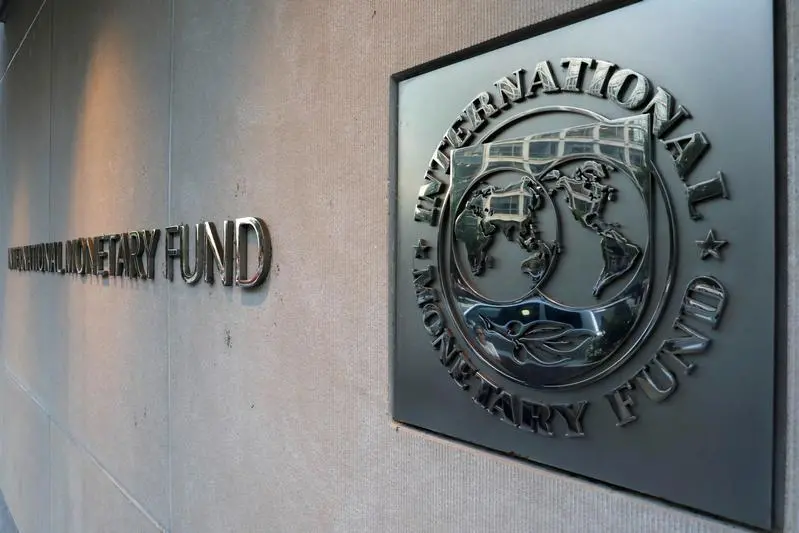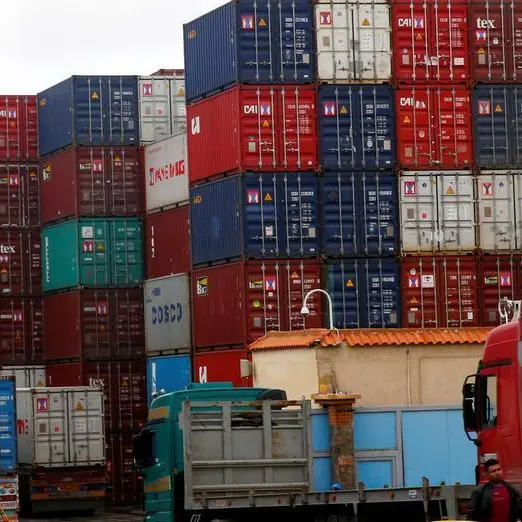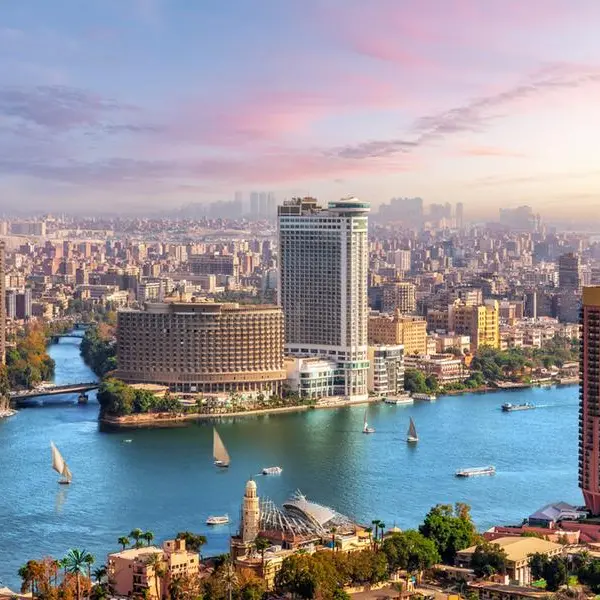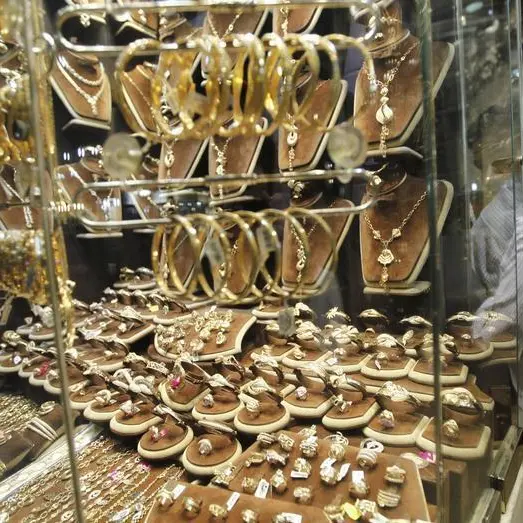PHOTO
Egypt received approval on Friday from the International Monetary Fund's executive board for an expanded, $8 billion financial support programme that enables the immediate release of $820 million, the IMF said in a statement.
The IMF agreed to widen the agreement after Egypt's wobbly economy was further hurt by the Gaza crisis, which slowed growth in tourism and triggered attacks from Yemen on shipping in the Red Sea, halving Suez Canal revenue. Tourism and shipping are two of Egypt's main sources of foreign exchange.
"The difficult external environment generated by Russia’s war in Ukraine was subsequently aggravated by the conflict in Gaza and Israel, as well as tensions in the Red Sea," the IMF statement said.
The agreement expanded on an earlier $3 billion, 46-month Extended Fund Facility signed in December 2022 which was put on hold after Egypt did not follow through on pledges to unpeg its currency, speed up the sale of state assets and implement other reforms.
The expanded agreement was first announced on March 6, when Egypt's central bank hiked key interest rates by six percentage points and allowed the country's currency to plummet against the dollar.
"A strong economic stabilisation plan is being implemented to correct policy slippages," the IMF said, focusing on a liberalised foreign exchange system, tightening of fiscal and monetary policy, reduced public investment and greater space for the private sector.
This would include a continued reduction of subsidies, which consume a large portion of government expenditures. Last week Egypt raised prices on a wide range of fuel products.
"It remains essential to replace untargeted fuel subsidies with targeted social spending as part of a sustained fuel price adjustment package," the IMF statement said.
The IMF also said Egypt had established a new framework to monitor and control public investment that would help manage excess demand, but that the state and military would need to withdraw from economic activity.
"Integrating transparently off-budget investment into macroeconomic policy decision making will be critical," it added.
Egypt has come under pressure to reduce spending on large public projects, especially a new $60 billion capital it has been building the desert east of Cairo.
Egypt last month agreed to sell the rights to develop prime land at Ras El Hekma on the Mediterranean coast to the United Arab Emirates for $24 billion. This moth Egypt also received pledges of $6 billion in financing from the World Bank Group and $8.1 billion from the European Union.
The statement projected that Egypt's growth would slow to 3% in the financial year to end-June 2024 from 3.8% in 2022/23, before recovering to about 4.5% in 2024/25.
(Reporting by Yomna Ehab and Enas Alashray Writing by Nafisa Eltahir and Patrick Werr; Editing by Marguerita Choy and David Gregorio)




















